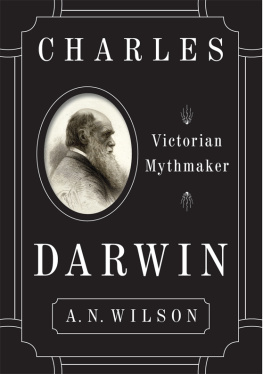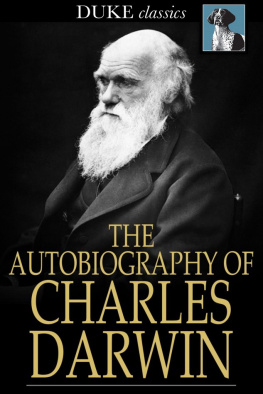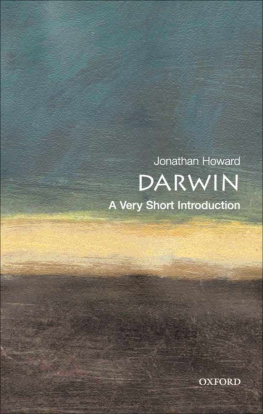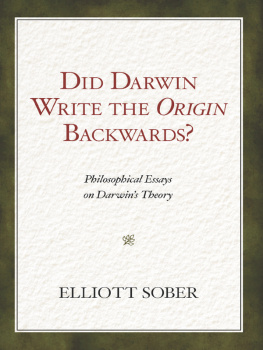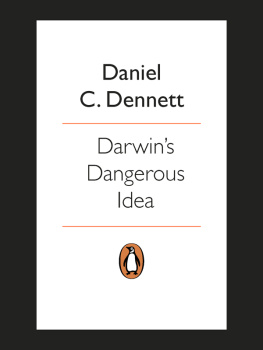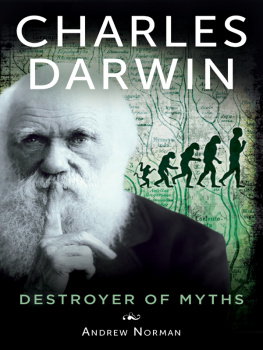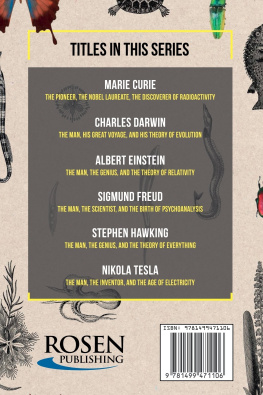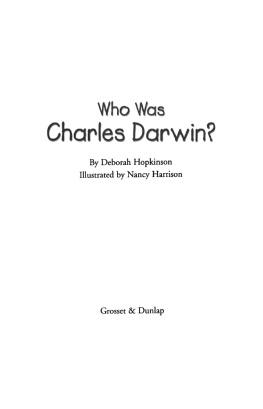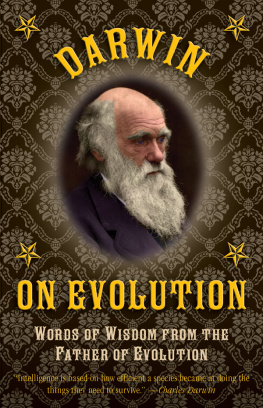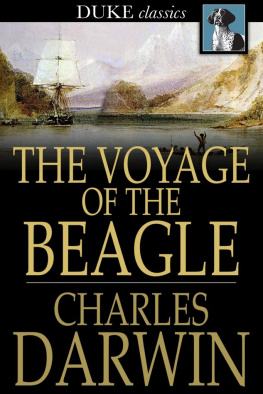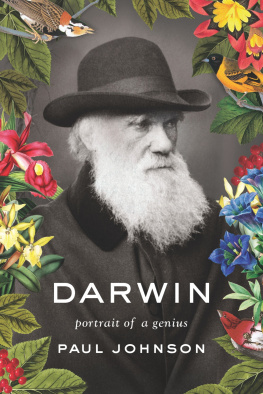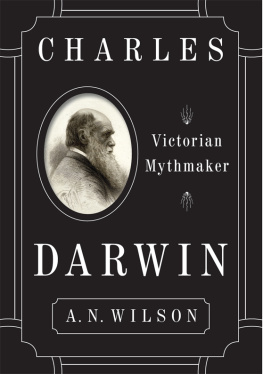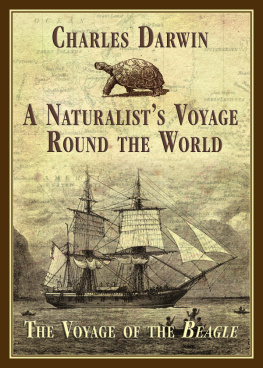Contents
Guide
NON-FICTION
The Laird of Abbotsford: A View of Sir Walter Scott
A Life of John Milton
Hilaire Belloc: A Biography
How Can We Know?
Tolstoy
Eminent Victorians
C. S. Lewis: A Biography
Paul: The Mind of the Apostle
Gods Funeral
The Victorians
Iris Murdoch as I Knew Her
London: A Short History
After the Victorians
Betjeman: A Life
Our Times
Dante in Love
The Elizabethans
Hitler: A Short Biography
Victoria: A Life
The Book of the People
The Queen
etc.
FICTION
The Sweets of Pimlico
Unguarded Hours
Kindly Light
The Healing Art
Who Was Oswald Fish?
Wise Virgin
Scandal: Or, Priscillas Kindness
Gentlemen in England
Love Unknown
Stray
The Vicar of Sorrows
Dream Children
My Name is Legion
A Jealous Ghost
Winnie and Wolf
The Potters Hand
Resolution
THE LAMPITT CHRONICLES
Incline Our Hearts
A Bottle in the Smoke
Daughters of Albion
Hearing Voices
A Watch in the Night
Death to the weak! That is the watchword of what we might call the equestrian order established in every nation of the earth, for there is a wealthy class in every country, and that death-sentence is deeply engraved on the heart of every nobleman or millionaire... Take a few steps farther down the ladder of creation: if a barnyard fowl falls sick, the other hens hunt it around, attack it, scratch out its feathers and peck it to death.
Honor de Balzac, The Wild Asss Skin,
D ARWIN WAS WRONG. That was the unlooked-for conclusion to which I was inexorably led while writing this book.
To write the life of this Victorian Titan was an ambition which had been at the back of my mind for a quarter of a century. In 1999, I published a book about the Victorian crisis of faith, whose title was borrowed from a poem by Thomas Hardy Gods Funeral. Subsequently, I wrote a general survey of the period The Victorians and later a biography of their monarch and figurehead, Victoria. It was irresistible to return to their most famous intellectual revolutionary, the more so since the last major biographies appeared a good while back, and had been published before the monumental Cambridge Darwin project, the publication of his complete correspondence, had got far under way.
It was certainly not my intention when I began detailed reading for this book to part company from the mainstream of scientific opinion which still claims to believe, and in some senses does believe, the central contentions of Darwins most famous book, On the Origin of Species.
There were a number of reasons why it did not even cross my mind that I would come to disbelieve in Darwins theories. The first reason is that I am not a scientist, and I am inevitably dependent on scientists for what I know about the subject. So are we all including scientists. In fact, if you are a professional scientist, you will have even less time than a layperson to read at all deeply in areas of science other than your own, since there is so much, in every branch of science, being explored and discovered every year.
In the last half-century, we have lived through a neo-Darwinian Golden Age: another reason why it would be a bold person or so I supposed before I started reading up the subject who came to question Darwins two central claims. These are, first, that by a gradual process of evolution one species evolves into another (the process is always gradual); the core of the theory is that nature does not make leaps Natura non facit saltum. Secondly, Darwin believed that nature is in a state of perpetual warfare and struggle; that progress in evolution, and the perfecting of a species, takes place as a result of everlasting fight. The Preservation of Favoured Races in the Struggle for Life is the second half of Darwins title for The Origin of Species. Even if you realize that by Favoured Races he was not, at this stage, referring to human beings, the phraseology has a strange ring to it.
The Golden Age of Darwinism saw the publication of Julian Huxleys Evolution in Action (1963) which I remember reading when I was a schoolboy, and which seemed to me then entirely convincing. It was a shorter version of his 1942 groundbreaking book Evolution: The Modern Synthesis. This was a synthesis between basic Victorian Darwinism and the discoveries of modern genetics which, when Huxley wrote, were still in their infancy relative to our level of knowledge today. The most coherent expression of this belief in the synthesis is The Theory of Evolution by John Maynard Smith, which was revised in 1993. Since those classics, there has been an abundance of books, articles, television programmes expounding the ideas of Darwin. Although Darwins original ideas are in fact, when you come to read much of this material, very heavily revised and indeed changed, in the writings of the Darwinians the central contention remains the same: Darwin was right; species evolve by a series of micro-changes, and this explanation is sufficient for everything. The Darwinian Process explains all. Perhaps the most readable and pugnacious proponent of this viewpoint is Richard Dawkins, who since publishing such books as The Selfish Gene and The Blind Watchmaker in the 1970s has seemed to put the truth of the Darwinian position beyond question.
Nothing, however, is beyond question. As I quarried the history of Darwin himself, it was inevitable that I should wish to see how his ideas stood up in the light of contemporary scientific knowledge. This book, I quickly came to see, was very different from a biography of a painter or a politician. If our tastes have changed, today, and we no longer admire G. F. Watts, for example, as much as his contemporaries did, it does not mean he was a bad painter. Lord Palmerstons way of being Prime Minister might not work today, but we can still esteem him in his own time and place.
Science is not, however, a matter of passing taste. It is a matter of verifiable fact. With any scientist in the past, we are bound to ask whether their insights and theories still seem plausible. And in the case of Darwin this is doubly true, since his name is invoked so frequently by current evolutionary theorists.
I soon came to realize, when I started my reading, that in fact there is no consensus among scientists about the theory of evolution. Most would recognize that Darwin was a great pioneer of evolutionary biology. And everyone must recognize that he was a prodigiously wide-ranging and observant naturalist, whose voyage in HMS Beagle, when he was a very young man, brought back a wealth of specimens and changed many branches of natural science. Everyone must recognize that he was among the foremost experts on the earthworm. And his book on The Expression of Emotions in Man and Animals is a masterpiece.
When it comes to the two books which give the world the adjective Darwinian, however, The Origin of Species (1859) and The Descent of Man (1871), opinions vary enormously in the scientific world. Until I got down to doing my reading, I had assumed that, broadly speaking, scientific opinion accepted the truth of Darwins central theories, and that objections to it were motivated not by scientific doubts but by some other set of ideas most likely religious ones. In so far as Darwins contemporaries rejected him on solely religious grounds, that is part of the story. (Very few did.) In so far as people today question Darwin, on religious grounds, that it seemed to me belonged to a different book. What interests me is whether he got it right scientifically. And there it is obvious that we are entitled to judge him not merely by the assessments made of his work by scientific and professional contemporaries nearly all of them rejected it. We are entitled to ask how much our contemporary state of knowledge would lead us to question

